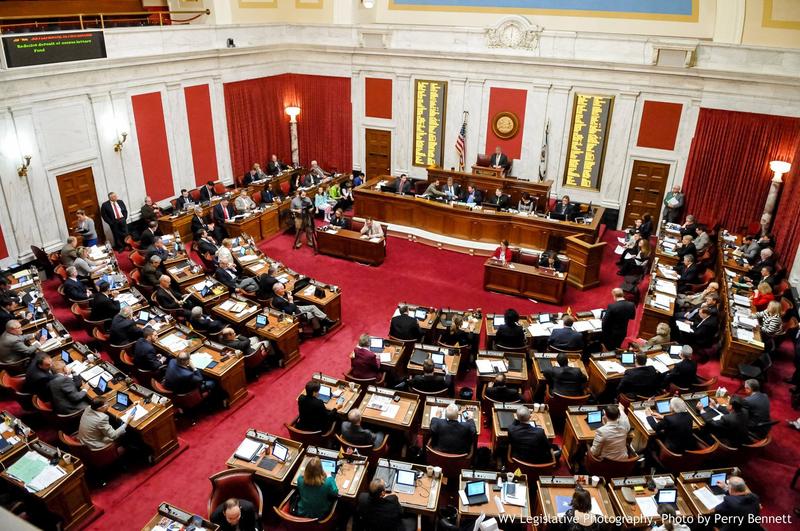Gov. Jim Justice signed a law Wednesday making West Virginia the 29th state to allow the use of marijuana for certain medical conditions.
The law lets doctors prescribe cannabis to patients who are terminally ill or have seizures, cancer, chronic pain, post-traumatic stress disorder, AIDS and other specified conditions.
“All of us will feel like we’re doing something good for a family out there,” Justice said at the signing ceremony at the state Capitol in Charleston.
The state Bureau of Public Health will oversee implementation, and will take its time: Patient identification cards won’t be issued until July 2019 or later.
The law is comprehensive, providing for licensed plant growers, processors and dispensaries, making cannabis available to patients in pills, oils, patches, topical gels, liquids and a form that can be vaporized.
The law doesn’t authorize the sale of cannabis for smoking, and patients can’t legally grow their own plants.
Del. Mike Pushkin, a Kanawha County Democrat, spoke in favor of medical marijuana at a media event in February, just before the start of the 60-day legislative session. That panel discussion came just after House Speaker Tim Armstead declared that the time wasn’t right to legalize medical marijuana.
Two months later, it’s legal.
“Going into the session, did many of us think we were going to here today?” Pushkin said. “No, it was a long shot. But it was done because it was the right thing to do. It’s going to help a lot of people in this state. If there is someone who is suffering and they seek this kind of relief, they’re no longer criminalizing their behavior.”
That includes former Monongalia County Del. Bill Flanigan, who was diagnosed a decade ago with testicular cancer, which moved into his lymph nodes four years ago. He was taking multiple medications, some of them to counteract the miserable side effects of chemotherapy.
Then someone sent him cookies laced with a THC derivative and it “made the last of my chemotherapy bearable,” Flanigan said.
Knowing that “what I did was still technically illegal,” Flanigan said he made a difficult decision last year to share his story with others, including current lawmakers.
“It changed enough people’s minds that a year later, we’re able to get where we’re at now, which is just a huge step,” Flanigan said.
State health officer Dr. Rahul Gupta said the law’s two-year implementation also will include the formation of a state advisory board, physician training, patient education, building a medical marijuana use database and getting patient ID cards ready. One area that will be studied will be potential driving limits on patients.
“It is quite a good size undertaking, and it is going to require a lot of planning and effort,” Gupta said.
